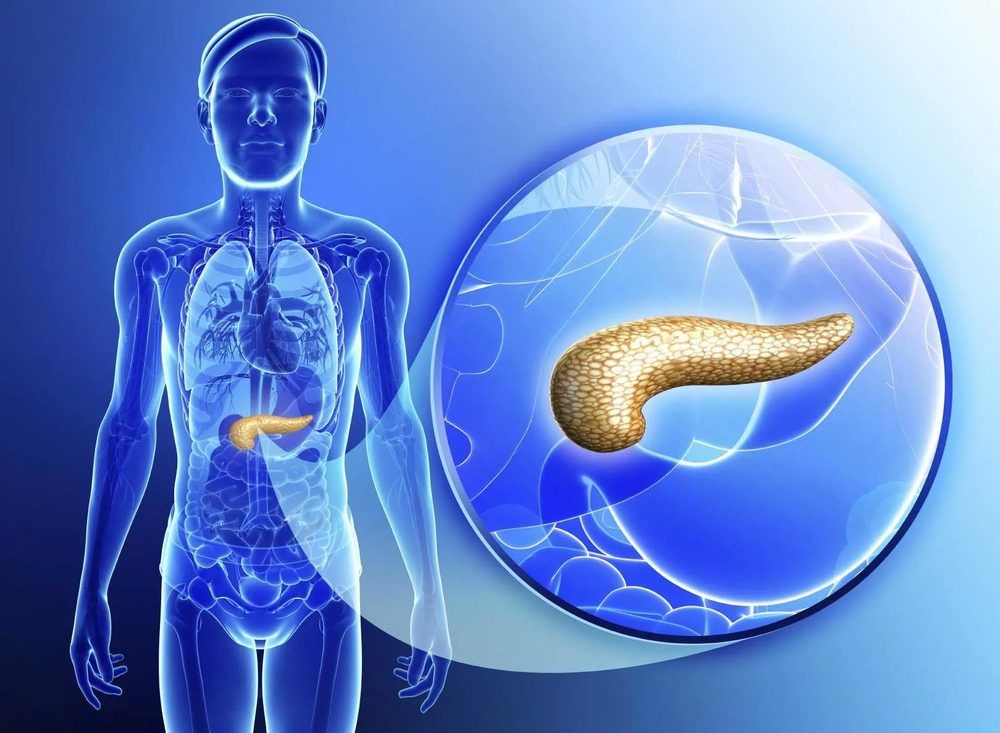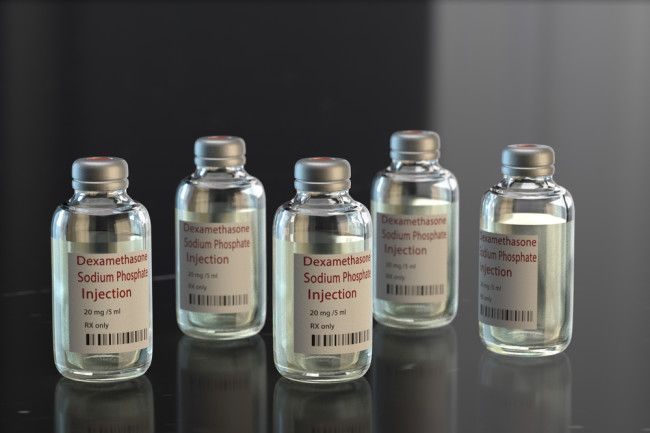Jul 20, 2020
Regeneron Receives $450 Million BARDA Contract for COVID-19 Antibody Cocktail
Posted by Omuterema Akhahenda in categories: biotech/medical, chemistry
Yesterday, Regeneron Pharmaceuticals, with the U.S. National Institute of Allergy and Infectious Diseases (NIAID), announced it was launching Phase III trials of REGN-COV2, the company’s two-antibody cocktail for the treatment and prevention of COVID-19. Today, it announced that it had received a $450 million contract to manufacture and supply the antibody cocktail as part of Operation Warp Speed from the Biomedical Advanced Research and Development Authority (BARDA).
BARDA is part of the Office of the Assistant Secretary for Preparedness and Response at the U.S. Department of Health and Human Services. The contract was also with the Department of Defense Joint Program Executive Office for Chemical, Biological, Radiological and Nuclear Defense.
A Phase I trial in 30 hospitalized and non-hospitalized patients with COVID-19 received a positive review from the Independent Data Monitoring Committee.
Continue reading “Regeneron Receives $450 Million BARDA Contract for COVID-19 Antibody Cocktail” »

















